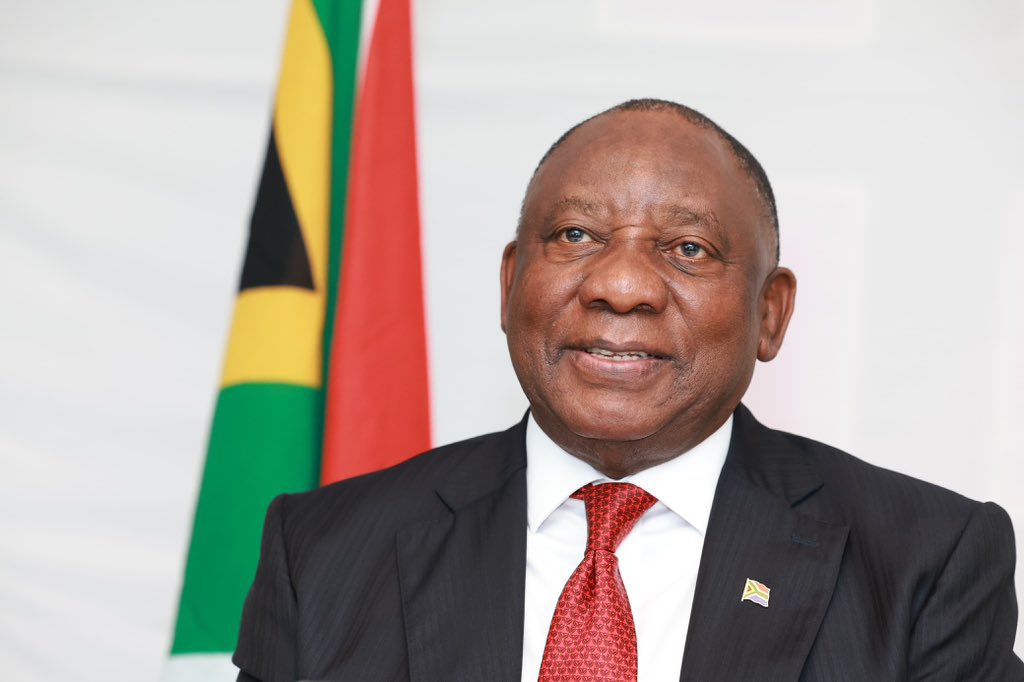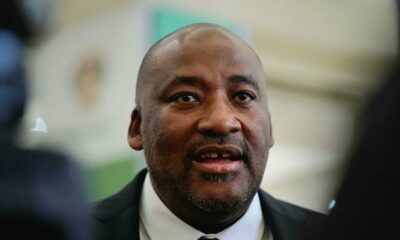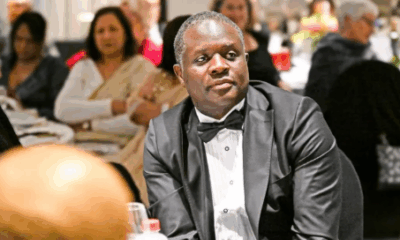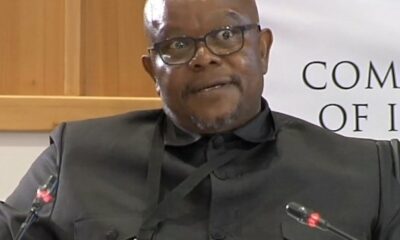News
Ramaphosa Pushes Back on Criticism of Black Empowerment Policies: ‘Exclusion Holds the Economy Back’

President Cyril Ramaphosa has strongly rejected claims that South Africa’s Black Economic Empowerment (BEE) policies are hindering economic growth, stating that the real barrier to progress lies in the country’s persistent inequality and exclusive ownership structures.
Speaking in Cape Town during a parliamentary Q&A session, Ramaphosa expressed concern about ongoing criticism of BEE, especially from international voices like former U.S. President Donald Trump and South African-born billionaire Elon Musk. Both figures have labelled the policies as discriminatory, arguing they marginalize White South Africans. Some of their supporters have even echoed debunked conspiracy theories about White farmers facing genocide — a narrative that the South African government has repeatedly dismissed as false.
“What’s Really Holding the Economy Back?”
Ramaphosa emphasized that the economy remains heavily skewed in favor of a privileged minority, referencing World Bank and IMF research showing that economic power remains concentrated in the hands of a few.
“It is not Black empowerment holding us back,” he said. “It’s the ongoing, partial, and exclusive control over the means of production. That is what’s stalling our economic growth.”
He posed a powerful rhetorical question: “Should Black South Africans remain only labourers and consumers? Or should they also have a real stake in the economy — a chance to build wealth and contribute meaningfully?”
Economic Inequality Still Stark Decades After Apartheid
More than three decades after apartheid officially ended, the economic disparities between races in South Africa remain glaring. On average, White families earn nearly five times more than their Black counterparts, according to national statistics.
For Ramaphosa, who himself rose through the ranks of business during South Africa’s early empowerment era, these laws are not just symbolic—they’re essential.
“I am a product of these empowerment initiatives,” he said. “They gave me and many others a platform to enter sectors historically closed off to us. The real question we should be asking is why, in 2025, so little has changed.”
Why the Debate Matters Now
The debate around BEE laws has become more intense amid slow economic growth and rising unemployment. Critics argue that affirmative action deters investment, while supporters say economic justice is essential for long-term stability.
Ramaphosa’s comments underscore a broader struggle: balancing equity and growth in a nation still grappling with deep-rooted inequality.
As he put it, “Black South Africans must not only be workers in this economy — they must be owners, innovators, and leaders too.”
{Source: MoneyWeb}
Follow Joburg ETC on Facebook, Twitter , TikTok and Instagram
For more News in Johannesburg, visit joburgetc.com



























